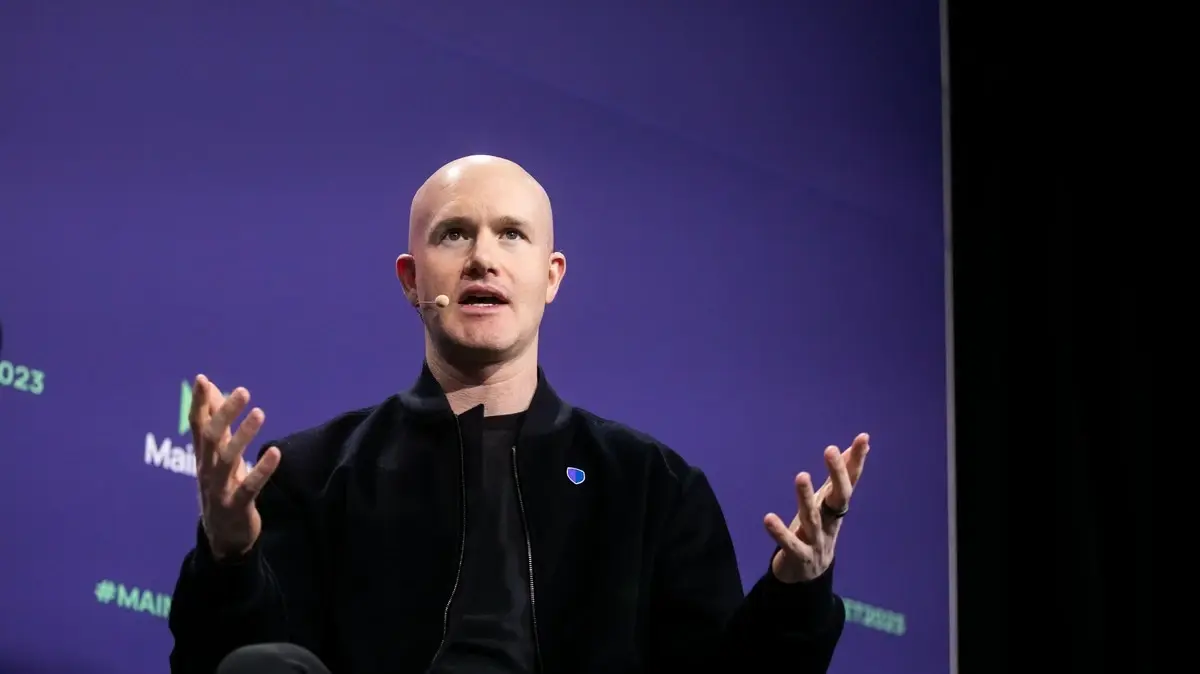More efforts from tech bros to build Rapture.
Interesting quotes:
it had backing from tech heavyweights such as billionaire Coinbase CEO Brian Armstrong, AngelList co-founder Naval Ravikant, and venture capitalist** Fred Wilson**, a Coinbase board member who sold his shares in the company for $1.8 billion after it went public in 2021.
“Bitcoin, if it wins, completely changes the world, because it changes the ability of centralized states to do what they’ve been doing,” Srinivisan said in a presentation delivered to a Bitcoin conference in Amsterdam in October.
The Bitcoin-based Network State will be based on “internet values” such as “open source” and “peer-to-peer,” Srinivasan has written.
An utopia run on Bitcoin? What could possibly go wrong?



I’m a libertarian in Brazil, so my takes may be different from yours (I’m not even sure if the word means the same thing for me and for native English speakers).
Big corporations (which, I agree, are a cancer to society) lobby regulatory powers to weaken local and mid business and to evade taxes in ways small business simply can’t, that’s the source of their power. A lack of government regulation would not be good for them, because it would empower their competition, and that’s the last thing they want.
To me, the big problem with libertarianism is that it requires a big level of maturity from the population. It requires private regulatory and certification companies, union of workers to seek working rights in a non-violent way, and people to support charity initiatives that help the poor and endangered. All of that is not impossible, but people are very used to that being a government responsibility, it won’t happen over night
This is how they do it when there is some regulation, they abuse the regulation. But without regulation, they would be free to destroy the competition with unlimited anti-competitive practices.
This is the problem with every philosophy, it’s an ideal that someone dreamed up. Over the last 100 years or so, we’ve lost a lot of self-sufficiency as individuals and communities, but also made some progress in other areas like civil rights. It’s a constantly changing landscape, with stronger and weaker among us, and different people trying to help or take advantage. So I agree, nothing can happen overnight, and no single social or political philosophy can be directly implemented, successfully. These philosophies should be seen as altruistic goals, with a series of challenges that society faces along the path.
Those challenges are why I’m concerned with our vilification of past failures. We can learn from those failures, and borrow the good ideas, to address challenges going forward. Knowledge of the past allows us to adapt to the future, and create a system that truly suits what we become.
But if we don’t start caring for our neighbors, as well as those across the globe, we’re lost. My morning cup of coffee, or pack of cheap t-shirts, should not lead to someone living in poverty. Likewise, my purchasing it should not enrich some individual too far above others.